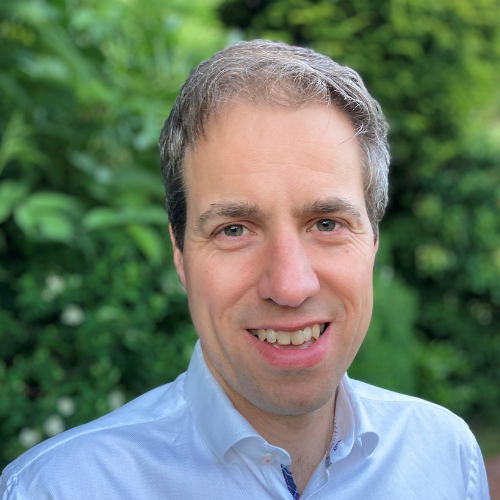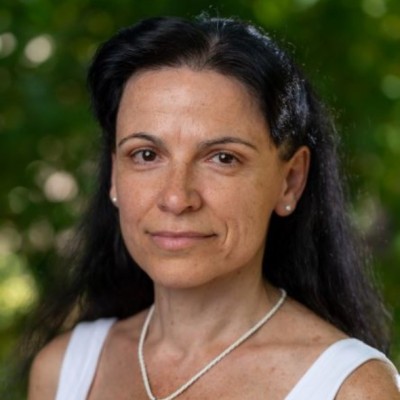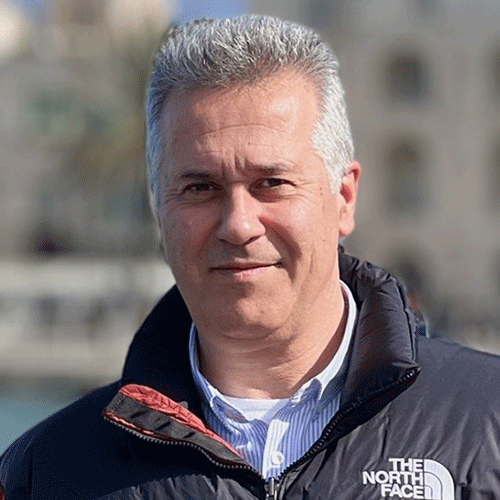
As an independent knowledge institute, Deltares works on innovative solutions in the field of water and subsurface. Discover the projects that enable delta life, both now and in the future.

The International Office for Water (OiEau) is a non-profit association that works on in the areas of water and aquatic environments, biodiversity, the circular economy, the small and large water cycles, and climate change adaptation.

The UK Centre for Ecology & Hydrology (UKCEH)is an independent, not-for-profit research institute. It aims to provide the data and insights that researchers, governments and businesses need to create a productive, resilient and healthy environment.

Leibniz University Hannover holds a leading international position in six established key research areas: Biomedical Research and Engineering, Quantum Optics and Gravitational Physics, Optical Technologies, Production Engineering, Interdisciplinary Studies of Science and Energy Research.

The University of Padua is one of Europe’s oldest and most prestigious seats of learning. The University department involved in SpongeScapes is the Department of Land, Environment, Agriculture and Forestry (Dipartimento Territorio e Sistemi Agro-Forestali - TESAF).

ETIFOR is a spin-off of the University of Padua. It is an environmental consultancy working with organisations and companies to improve policies, projects and investments’ economic, environmental and social benefits.

The Slovenian Environmental Agency is a body of the Slovenian Ministry of the Environment, Climate and Energy. Its mission is to monitor, analyse and forecast natural phenomena and processes in the environment and to reduce natural hazards to people and property.

The University of Ljubljana is the oldest and largest educational institution in Slovenia.The University takes a central pedagogical position by performing public services in the areas of special social importance which ensure the preservation of the national identity.

The Warsaw University of Life Sciences is the oldest agricultural and natural science university in Poland, its origins dating back to 1816.

For more than three decades, World Wide Fund for Nature (WWF) has been active in Greece. The ultimate aim of WWF Greece is to maintain the rich biodiversity of the country as well as to prevent and eventually reverse environmental degradation in the region.
Knowledge Partners
The SpongeScapes Knowledge Partners are...


